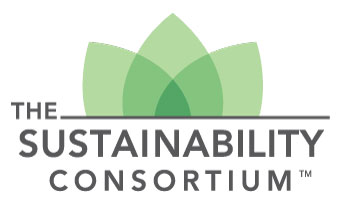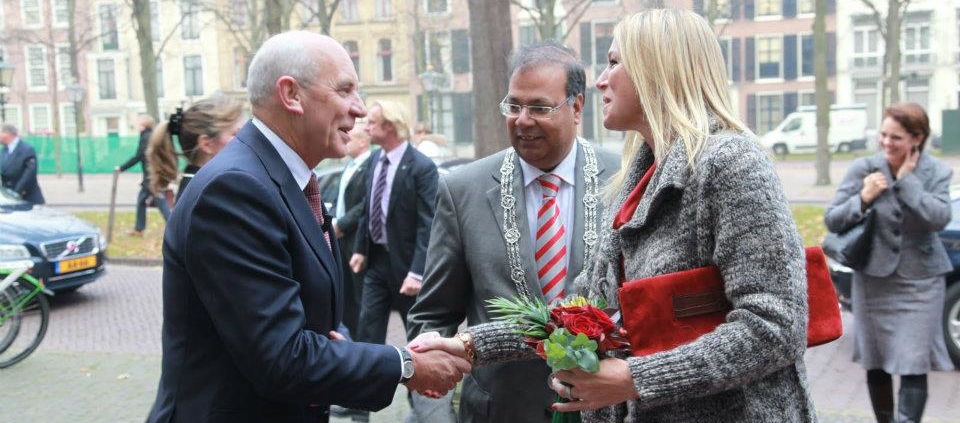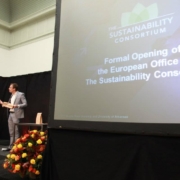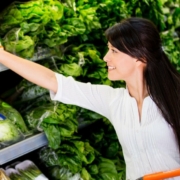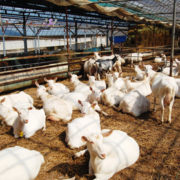Princess Máxima Opens European Branch of World-Wide Sustainability Consortium
Posted by The Sustainability Consortium on Wednesday, November 9, 2011
Tuesday 8 November was the official launch of the European branch of The Sustainability Consortium (TSC). HRH Princess Máxima of the Netherlands took care of the official part of the opening ceremony at Pulchri Studio in The Hague. TSC is a world-wide, independent organisation, which tries to provide a scientific basis for improving sustainability in the production chain. The European TSC office will be run by Wageningen UR (University & Research centre).
The Sustainability Consortium (TSC) is an independent organisation, which originated in America. The members are producers and retail companies for consumer products in the food and non-food sector. Several NGOs, such as the World Wildlife Fund, are also involved in the initiative. TSC has more than 75 members, including a large number of American companies such as Bayer, Coca-Cola, Colgate-Palmolive, Dell, Disney, L’Oreal and Pepsico. The major supermarket chain Walmart was one of the founding fathers of TSC. Members in Europe include Unilever and Ahold.
Up until now, the secretariat of TSC has been based at Arizona State University and the University of Arkansas in the United States. Wageningen UR is now joining them as a third party.
Producers and retail companies for consumer products are in dire need of a transparent, scientifically valid, and most importantly, uniform method for measuring the sustainability of the entire chain. These days, companies are increasingly facing demand for sustainable products from consumers.
TSC is committed to finding scientific ways of improving sustainability in the chain of these products. The aim is to deploy a multi-stakeholder cooperative to design, develop and introduce credible and transparent measuring instruments, which will also be suitable for application. These instruments and systems should be accessible to all producers, the retail trade and consumers.
At present, there is no universal method for measuring the sustainability of products. Existing sustainability labels often relate to sub-aspects such as the environment, animal welfare or fair trade, but do not give an overall picture. Furthermore, many of the labels use their own individual sustainability measurements, which are difficult to compare and often only relate to only one or two products. This makes it hard for users to tell which labels represent real sustainability and which do not. TSC will not be developing a new label. It will simply provide the fundamentals, and leave it to its members to decide how to pass the information on to consumers.
Earlier this year, TSC decided that Wageningen UR should run its European branch and coordinate its European activities. One of the reasons for choosing Wageningen UR is the University’s reputation for transforming scientific insight into practical solutions.
A few months ago, Dr. Aalt Dijkhuizen, President and Chairman of the Executive Board of Wageningen UR, was made a member of the board of directors of TSC.
